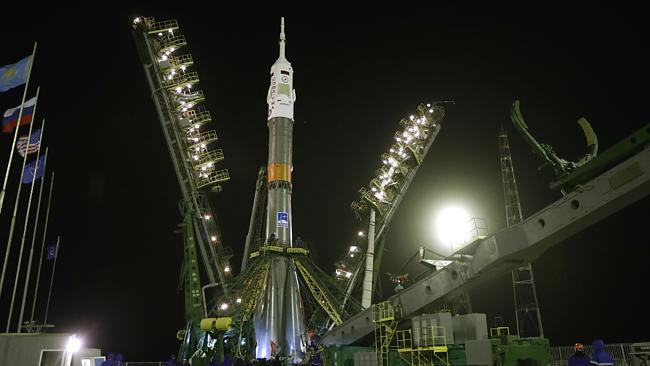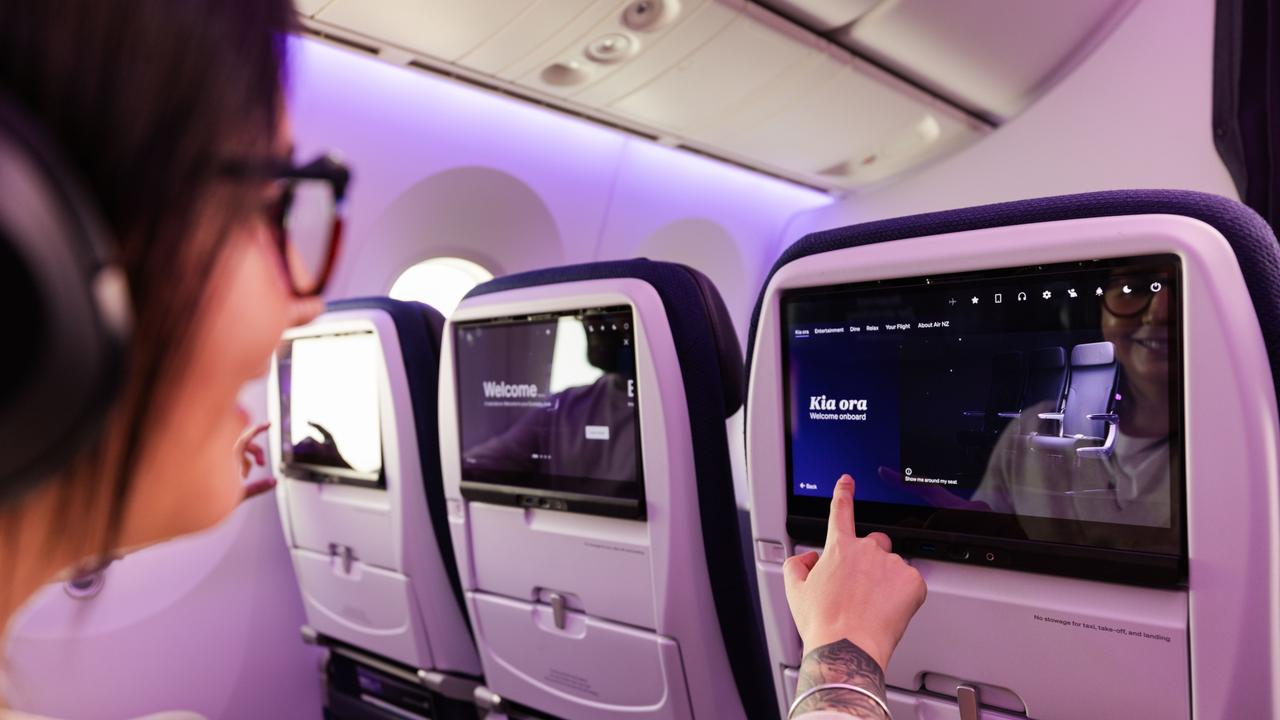NodeSat aims to cut red-tape for launching satellites into space
A new tech start-up is promising to rip through the reams of red-tape holding back Australian aerospace companies.

A new technology start-up is promising to rip through the reams of red tape holding back Australian aerospace companies from launching pint-sized satellites into orbit.
The Adelaide-based start-up, NodeSat, is the brainchild of Brett Burford and Michael Leslie, who want to ease the complicated process of launching satellites and devices into space from Australia.
“It can be a slow endeavour to get an object launched into space, particularly if you are a new company,” Mr Burford said.
“Launches take quite a lot of time, years in fact, before people can see the fruits of their projects, but we are here to speed that up.”
The company’s main objective is to become the middleman between organisations looking to launch objects into orbit and the regulators, ground-control stations and the myriad other third parties required to get there.
“We bridge the gaps between satellite designers, manufacturers and operators, governmental regulatory agencies, launch providers, and space insurers,” Mr Burford said.
“The premise is that they connect to us once and then that provides them instant access to lots of services instead of having to go to them all by themselves.”
One large obstacle that typically holds back companies from becoming commercial space operators is the requirement to licence and access wireless spectrum — the radio frequencies that underpin wireless communication services — needed to control and communicate with satellites.
“The most complex part about being a start-up in the space game and wanting to launch is getting access to spectrum,” Mr Burford said. “This is vastly more complex and time-consuming than people realise, and it’s putting many Australian projects at risk.
“If you were told you needed to find an extra $100,000 to get spectrum to communicate with your satellite or find you have a two-year wait to access spectrum then these can be pretty insurmountable problems for a start-up.”
NodeSat is in talks with investors to help fund the purchase of its own spectrum.
The company then plans to licence access to its spectrum to organisations looking to launch satellites into orbit. “Once we get this spectrum it will allow us to use it more efficiently at a substantially reduced average cost for our customers,” Mr Burford said. “It will also greatly reduce the time needed to get access to spectrum.”
Spectrum can be an expensive asset to buy as it is in high demand from the world’s mobile phone operators, who need it to deliver fast and reliable download speeds.
But NodeSat is seeking access to cheaper spectrum frequencies that operate outside the usual bands used by telecommunication companies.
The launch of NodeSat comes amid a growing interest in commercial space activities. More than $5 billion of private money has poured into the global space industry in the past 18 months from some of the most successful technology companies including Google, serial tech entrepreneur Elon Musk and his SpaceX organisation, Virgin and Qualcomm.
The Australian government also is keen to get involved and has kicked off a review into its decades-old Space Activities Act that sets the regulatory framework for companies wishing to explore commercial opportunities in space.
The review forms an important plank in the federal government’s innovation agenda and has been established to spark a boom in the local space industry.
The 10-month review is examining whether federal laws, which were introduced in 1998, are holding back research and private investment in space technologies.
Mr Burford welcomed the review but said only a light regulatory touch was needed to get the local industry moving along.
“I think there is a role for government to play to encourage more action in Australia’s space industry,” he said. “But I think there are some benefits that we have commercially in this country by not having some of the handouts that other countries do.
“It encourages us in the space industry to always act very commercially. This will position us well in the future because it gives us a focus on operating commercially from day one.”



To join the conversation, please log in. Don't have an account? Register
Join the conversation, you are commenting as Logout